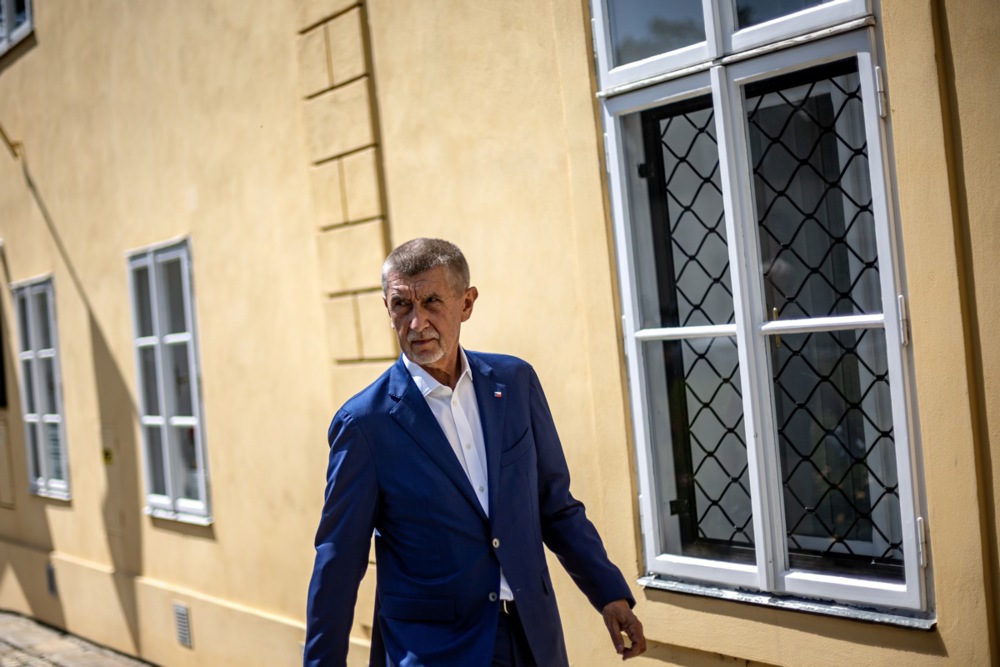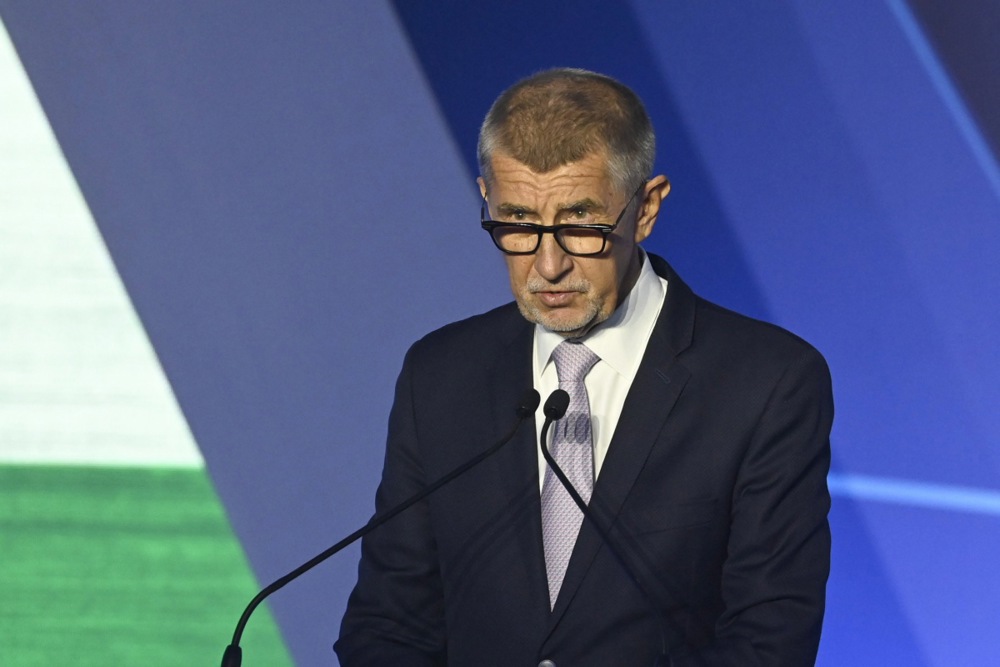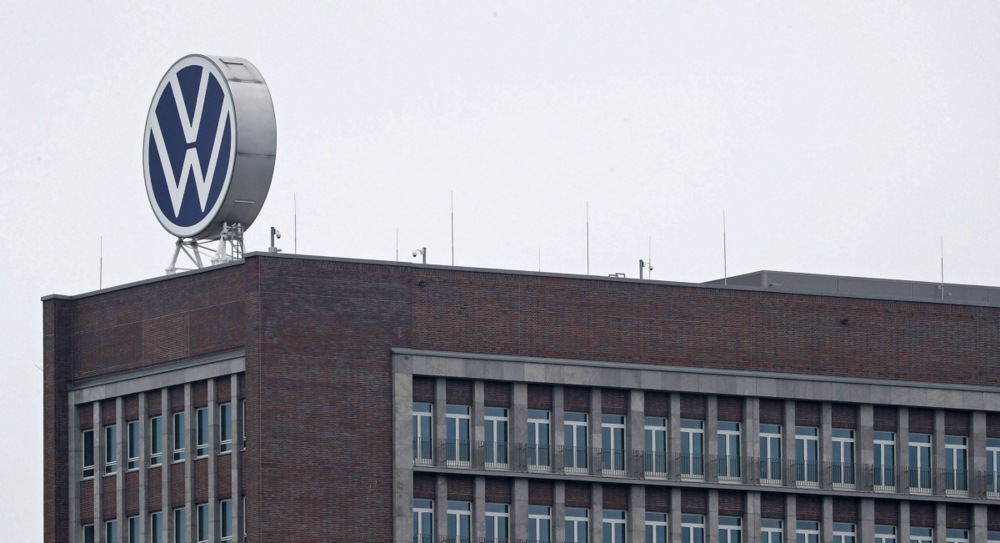Europe Elects, a Germany-based international election watchdog and data analyst, has said it found clear signs of fraud in the Georgian election results.
“On top of the electoral integrity violations reported by observers, the widespread tampering in favour of the government is visible also in the detailed official results counts,” the watchdog reported of the ballot on October 26.
“Europe Elects was independently able to reproduce the markings of fraud.”
In a series of tweets, the body, which used official numbers from the Georgian elections, said there were “implausible deviations from normal distribution when it comes to vote shares of a relevant party”.
According to the European watchdog, the governing Georgian Dream party (GD) was able to gain “disturbingly high vote shares” in rural municipalities, far exceeding any expectations.
It added that in the 2020 Georgian parliamentary elections, there were already some worrisome deviations but that things were more concerning this time.
It was further noted that turnout in polling stations in free and fair elections usually followed the normal distribution model, which resembled a bell-shape on its chart.
Second is that the tails of these distributions tend not to be too pronounced.
It makes intuitive sense that a party would rack up relatively an average share of votes in more places than they rack up relatively high or low share of votes. Producing a normal distribution. pic.twitter.com/duwaM2FZCw
— Europe Elects (@EuropeElects) October 29, 2024
Yet in Georgia, Europe Elects said that did not appear to be the case.
Adding to this is the so-called “comet tail” of increasingly higher vote shares for the GD, giving it an out-of-proportion vote-count peak.
The watchdog pointed out that the same phenomenon had been witnessed in Russia, a country, it said, where vote rigging was “blatant and well observed”.
“In the case of Georgian Dream, we notice a similar drift of progressively higher vote shares in election stations outside the ‘honest cloud’ of more legitimate and plausible clustering. Which likewise leads to unconvincingly high peak, much in excess that are observed elsewhere,” it said.
Asked for more information about this “comet tail” and about how to distinguish foul play from popularity, Julius Lehtinen, editor-in-chief of Europe Elects, told Brussels Signal that in normal circumstances, “the vote shares of parties tend to produce a rather symmetrical or slightly elliptical ‘cloud’ or sphere when contrasted to turnout in proportional elections”.
“It after all makes intuitive sense [that] the party receives a relatively average vote share in a relatively average turnout electoral station,” he said.
This was more or less true for the GD in the 2020 elections but in 2024, statistical analysis showed that the graph was “much more skewed and non-spherical in shape”, Lehtinen said.
“Additionally, the dispersion at the top vote shares is much wider than before.”
“The specific point where one can be ‘certain’ there is something off depends on considerations like above and is foremost about probabilities of observing a wide discrepancy together with many similar analysis graphs which all point to same direction.
“One needs to see how the distribution looks with an election in a normal country and one needs to contrast the earlier distributions of the same party and see whether it has meaningfully changed,” Lehtinen explained.
“In this case, Georgian Dream’s distribution has most definitely changed drastically and it no longer resembles how the distribution with almost every party looks in legitimate elections with proportional representation.
“That’s an indication of wrongdoing possibly going on, corroborated by electoral observers and other statistical tests,” he concluded.
Another problematic finding was via the so-called Sobyanin-Sukhovolski method, which also looks for statistical anomalies.
“In several stations GD got nearly all of the registered votes, much higher than the supporting share of population would indicate,” Europe Elects noted on social media.
A contrasting pattern emerged in rural regions traditionally supportive of GD, the ruling party.
In several such precincts, its vote totals were unusually close to the total number of registered voters, suggesting near-absolute voter turnout exclusively in GD’s favour. This trend was noticeable across multiple locations, even when discounting areas with high concentrations of national minorities, whose voting behaviours often differ, the watchdog asserted.
“We have followed and analysed hundreds of elections during the past decade. It is safe to conclude that the 2024 Georgian parliamentary election exhibits clear fudging with the results, on top of the electoral violations reported elsewhere by observers”, Europe Elects concluded.
Lehtinen told Brussels Signal his organisation has been in contact with some Georgian authorities regarding the election results and that the wider Georgian civil society was aware of its work.

Earlier, European Parliament election observers, represented by MEPs from all political backgrounds, had warned of “democratic backsliding” in Georgia.
Antonio López-Istúriz White, Spanish head of the delegation and member of the European People’s Party, said in a press conference on October 27 in Tbilisi that there was a “climate of hatred and intimidation” on election day and, in one case, ballot-box stuffing, a form of electoral fraud.
On the same day, Georgian President Salome Zourabichvili declared that she would not recognise the results of the parliamentary elections.
She described them as a “Russian special operation” and a “constitutional coup.” She appealed for “the firm support of our European partners, of our American partners”.
Official institutions played a different tune. The Election Administration of Georgia, for example, said on October 29 that Zourabichvili had “discredited electronic voting technologies” by “fostering mistrust”.
Irina Arabidze, a visiting lecturer at the Caucasus University in Tbilisi who teaches foreign policy and national security, told Brussels Signal that official reports should be taken with a grain of salt, as the GD had managed to capture the government and exert its influence through key institutions.
Arabidze confirmed that international observers had stated the elections were well-administered and well-organised but added many had refrained from calling the Georgian elections free and fair.
She said they all had mild to severe criticisms and concerns and alleged that the party had used the full power of the State to swing the election in its favour, which went against all democratic norms.
“In Georgia, the government employs up to 60 per cent of the population, it gives out subsidies to large parts of the population and Georgian Dream has a very well-organised intimidation and vote-buying mechanism that can unfold at a state-level.
“Whoever is running against the ruling party is running against this machine that uses this kind of patron-client relationship, which tries to maximise the outcome with means that are not allowed in free and democratic countries,” Arabidze said.
Almost as important, she claimed, was the campaign itself, where the ruling party focused on making the public choose between “war and peace”, to protect Georgia against what it called malign Western designs to drag the country into conflict.
Arabidze said it had been put forward that closer association between the West and the European Union would lead to military aggression by the Russia, while Georgian Dream would deliver stability.
She called this disinformation on a mass scale with a significant effect because, she said, there was a form of “Western timidity” towards Ukraine – and Russian gains on the battlefield – while Georgia was demanding iron-clad securities.
She concluded that the war in Ukraine had bigger ramifications than most people realised: “It is a matter of Western projection of strength or weakness, depending on the outcome, which radiates in countries like Georgia.”





